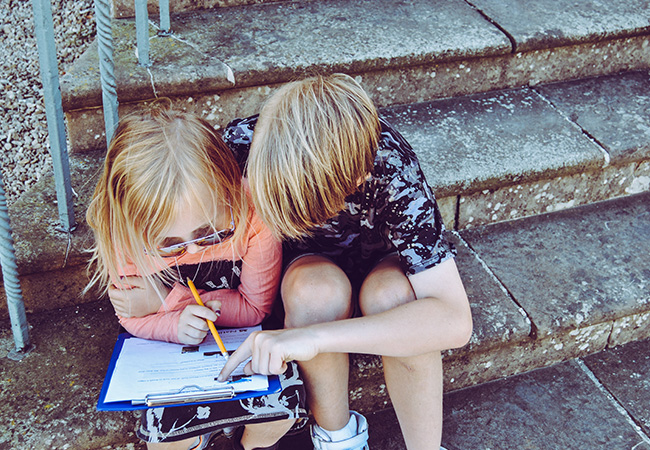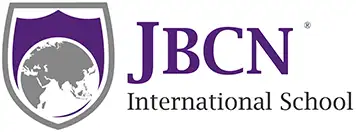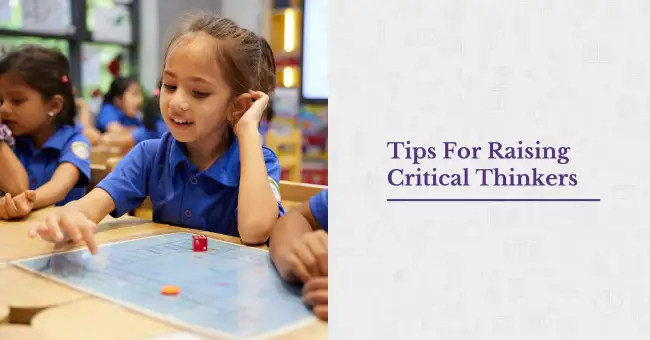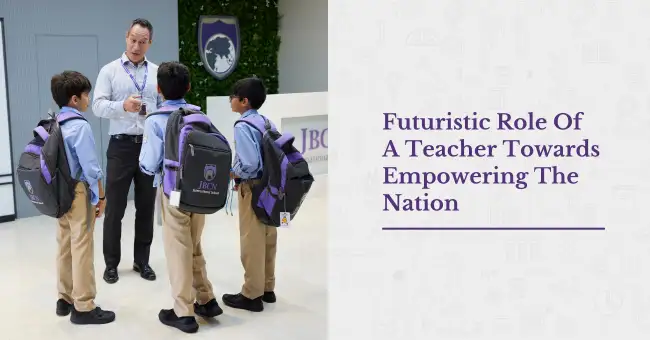
What Is Project Based Learning?
Swiss Psychologist Jean Piaget rightly said, “Knowledge is a consequence of experience.” More the experience in the practical world better would be the understanding.Project Based Learning is a hands-on experience to understand, explore and acquire deeper knowledge about a subject. It involves looking at an issue or a subject from different perspectives, answering a complex question and challenging one-self to solve the problems of the real world. It is one of the ideal ways to build 21st century skills among the learners.
John Dewey wrote in his book ‘My Pedagogical Creed’, about ‘learning by doing’ which then came to a more developed concept of project based learning. To see it from a practical aspect humans have been learning most skills in a similar way and the concept of ‘learning by doing’ is actually an innate ability of a human.
How Does It Help?
Learners Realize The Essence Of Studying:
Learners often have questions like ‘Why am I learning this? How does it help me?’ while studying theory. But when they are involved in a project, they themselves realize how crucial it is to learn a particular topic. For example, while studying History, a child may have a question about why is he learning about Ashoka? However, when he practically does a project on how Ashoka Dhamma principles are relevant today to encompass peace in the world; the approach to the subject changes completely. Thus, Project Based Learning doesn’t just add a dose of relevance to the subject but it grabs the attention of the learners from the beginning.Inquiry-Based Learning:
Children begin to make sense of the world by questioning. Humans carry on the process of inquiry from the time they are born until they die. Through the process of inquiry, people construct much of their understanding. It may not always be seeking the right answer -- because often there is none -- but rather seeking appropriate resolutions to questions and issues. For instance; a Business Study project might require the learners to study why a particular leading mobile company suddenly lost the selling market. Such projects not only help in developing communication skills but also help them to understand how sometimes failures could act as a stepping stone for success.Engages The Learners In The Optimum Way:
Research generally requires learners to communicate with a number of people, conduct surveys and collate data in various forms. This helps the learners to develop their communication skills and technical skills which are an integral part of the 21st century learning. For example, a Global Perspective project may require learners to do a survey and write about the acceptability of the LGBT community in their culture and how could they work on improving the situation.Learning Together And Collaborative Learning:
 Collaborating and growing together as global citizens is the need of the hour. When a project is allotted in groups each member has a special way to contribute and here is where they learn to respect each other’s views, take a stand and at the same time come to a fruitful conclusion. A selfless attribute is developed when the goal is to work together and achieve success rather than competing with each other. Learners who accomplish these tasks then can thrive better when they take up leadership in an organization or business. Team-based work abounds in big global companies such as Google and Microsoft. The concept of unity and harmony does wonder for the success of a child.
Collaborating and growing together as global citizens is the need of the hour. When a project is allotted in groups each member has a special way to contribute and here is where they learn to respect each other’s views, take a stand and at the same time come to a fruitful conclusion. A selfless attribute is developed when the goal is to work together and achieve success rather than competing with each other. Learners who accomplish these tasks then can thrive better when they take up leadership in an organization or business. Team-based work abounds in big global companies such as Google and Microsoft. The concept of unity and harmony does wonder for the success of a child.Inter-Disciplinary Learning:
Learning becomes fun for the child when his /her favorite subject is connected to his/her not so liked the subject. Project Based Learning facilitates such connections. A Science Project may involve making a film strip on the life of astronauts. A Biology project may probe the learners to develop their culinary skills by making an edible cake of a plant cell.Feedback And Improvement:
 Project Based learning expedites self-improvement and introspection. Learners are generally encouraged to give feedback to oneself and their peers. The teacher too acts a facilitator and assist them to do better than before. For example, after the presentation of research, the peers are encouraged to comment on the positives that a group has achieved and the ways they could make their learning better.
Project Based learning expedites self-improvement and introspection. Learners are generally encouraged to give feedback to oneself and their peers. The teacher too acts a facilitator and assist them to do better than before. For example, after the presentation of research, the peers are encouraged to comment on the positives that a group has achieved and the ways they could make their learning better.All in all, project based learning inspires learners to develop a balanced approach in solving real-world problems, both on their own and in a team. Project-based learning prepares students for success in the real world like no other teaching style can.
Written by, Radhika Bhatia
(Middle and Senior School English and Humanities teacher)
JBCN International School, Borivali











